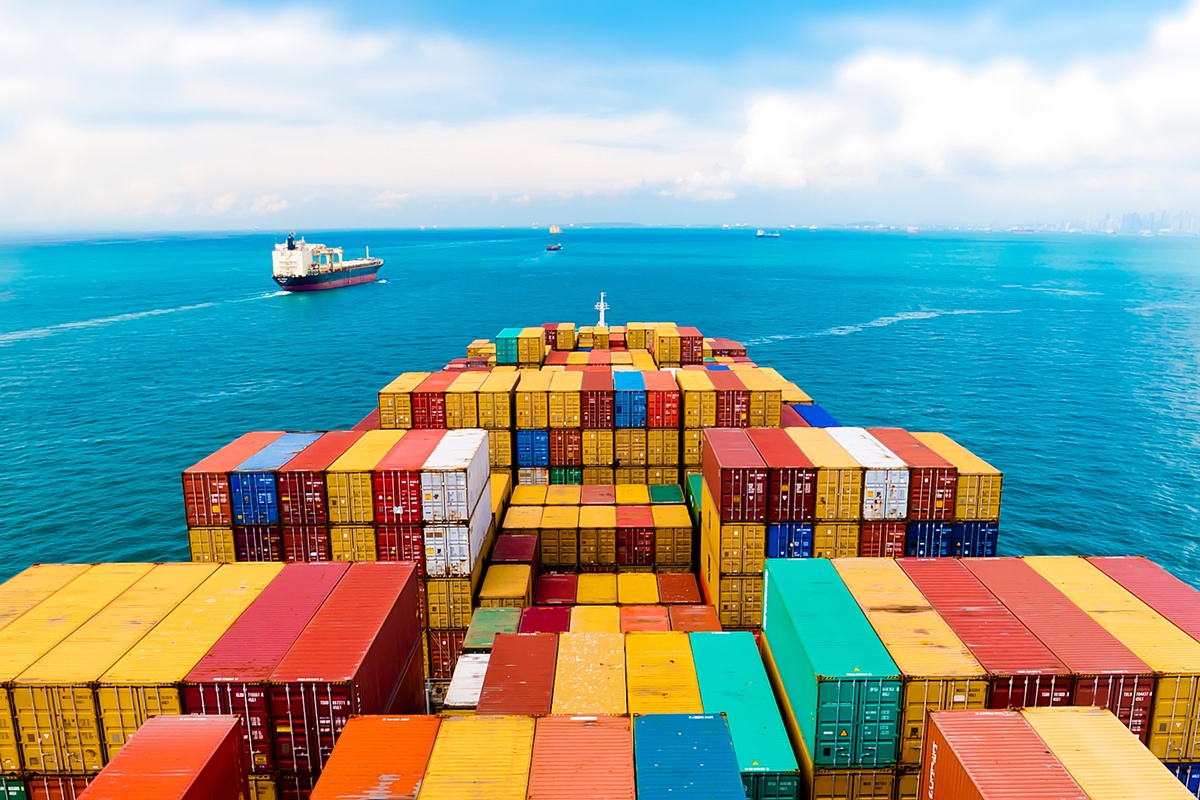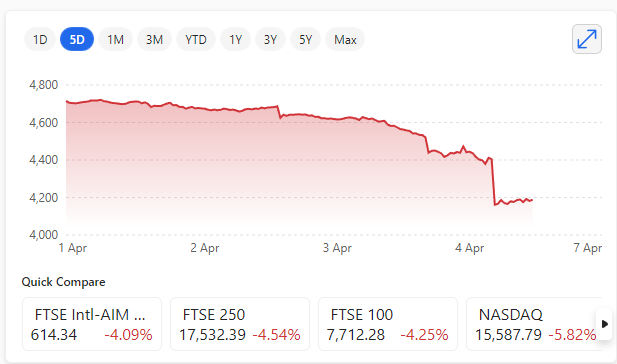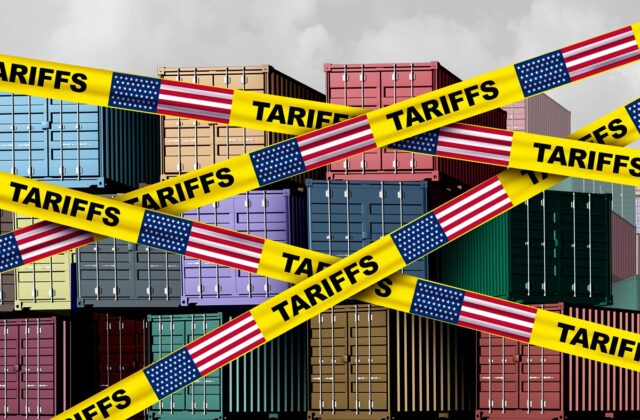August 06, 2025
UK Retailers Look to New Markets as US Tariffs Drive Up Costs

With new US tariffs threatening to make transatlantic trade economically unsustainable, UK retailers are actively changing their international growth plans.
According to a new study by ESW and Retail Economics, 76% of UK exporters are diversifying their export focus beyond the United States, which is their largest non-EU retail market, to regions such as the Middle East, Asia-Pacific, and non-EU Western Europe.
Jon Sheard, VP of Northern Europe at ESW, said: “UK retailers are undergoing a seismic shift in their export strategies. Retailers can no longer be overly reliant on a single trade corridor and are pivoting to new regions, including the Middle East and Asia-Pacific, where we are seeing exponential growth.”
The shift comes ahead of a planned 10% baseline tariff on UK goods entering the US in 2025, which would increase average duties on non-food exports from 2.3% to 17.2%. More than half of UK retailers say they would pull back from the US entirely if duties exceed 22%, showing how trade policy is forcing a strategic reset across the sector.
Instead, retailers are turning to high-growth markets like the UAE, now the fastest-growing UK export destination outside the EU, as well as Saudi Arabia, Australia, Japan, and Norway. Between 2021 and 2024, exports to the Middle East and North Africa rose 34%, while Asia-Pacific and non-EU Western Europe saw increases of 6% and 15% respectively.
Regulation and Cost Are the Biggest Challenges to Growth
It seems like the diversification might be more structural than just geographical. Many retailers are exploring new go-to-market models designed to reduce exposure to trade shocks.
This includes working with international partners who can offer end-to-end services such as customs handling, tax compliance, logistics, and even localised brand positioning and customer engagement. These partnerships are seen as key to overcoming barriers like regulatory complexity and high operational costs, which remain the biggest challenges to international growth.
At the same time, UK brands are doubling down on global brand-building, with 77% of retailers calling it a strategic priority. Two-thirds are willing to accept lower margins in the short term to secure longer-term footholds in new markets. The “Made in UK” label continues to be an asset, with 40% of exporters saying it commands a price premium due to strong associations with quality and regulatory standards.
The situation is particularly difficult for smaller retailers, which usually don’t have a formal plan (71%) for dealing with sudden trade shocks.



